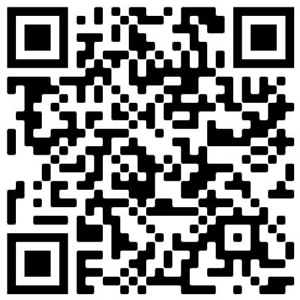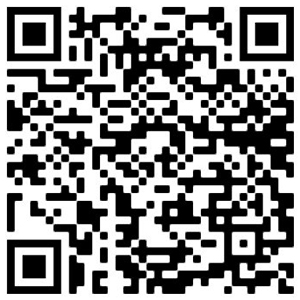Sustainability Greater transparency for the circular economy
Economy 4.0 will be digital, circular and decentralized. Waste avoidance, eco-design, recycling and similar measures can save vast amounts of money while also cutting greenhouse gas emissions. The circular economy aims to make more efficient and sustainable use of our limited resources, paving the way to Economy 4.0.
After all, a circular economy is what we all want!
But it’ll only happen if we ensure that materials are collected separately and monitor the cycle to pinpoint where reusable raw materials are being lost in the system.
This is currently the biggest challenge facing the economy, as we have no information about what happens to refuse after the point of sale, leaving all producers and disposal firms completely in the dark.

To make the circular economy a reality, we need to be able to trace the entire circuit and ensure separate collection of materials.
As all packaging and products are owned by consumers after their sale, we all have a major influence over ensuring a successful circular economy − and this is something that we can only achieve together.
To help tackle this challenge, the fortunate planet ag has developed a new recording system to optimize digital advice on waste for municipalities, disposal firms and producers, which enables them to obtain more information about waste flows, even at point-of-disposal level.
Its stand-out feature is that all the information is collected decentrally by users, who are encouraged in a fun way to contribute to a successful circular economy and are rewarded for doing so, helping to shed light on the issue.
The “TFP: the fortunate planet” app digitizes the local waste management economy. Users can easily add new disposal points on the map and report environmental pollution (littering) and damage to disposal points. They can also obtain full information on better methods of disposal by scanning and then searching for the product to reveal the relevant disposal points.
This connects users, municipalities, recyclers and producers to create greater transparency for the circular economy.

As well as digitizing the urban landscape, municipalities, disposal firms and producers obtain digital support through waste consultation. For the first time, they also gain insights into and statistics about their waste flows – including at point-of-disposal level. This provides key information on the behaviour surrounding separated collection and the optimization of the urban landscape.
A customized approach to refuse management must be adopted at local level to ensure that the circular economy becomes a reality through collective action and that the app can be adapted to your needs.
the fortunate planet is the Circular Economy Award Winner 2021.
Source: https://www.bde.de/presse/recyclingwettbewerb-startups-kreislaufwirtschaft/







((commentsAmount)) Comments